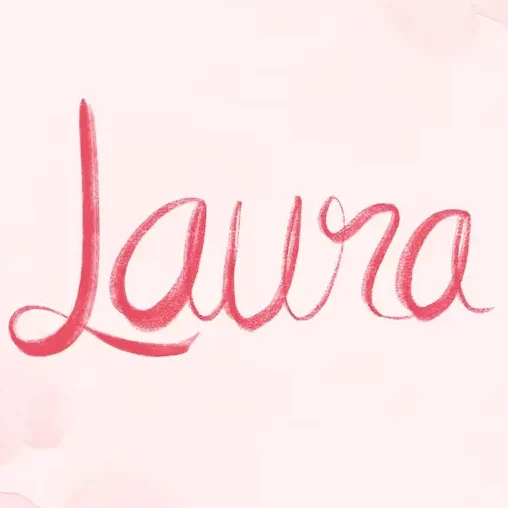Grabbing a post-work pint or glass of sauvignon blanc or enjoying drinks with friends at the weekends is a world away from most people’s idea of an alcoholic.
But many women are unaware when their drinking has become problematic without having formed a dependency on alcohol, in other words, these adults are ‘falling victim to grey area drinking’.
Alcohol Use Disorder in women has increased by 80 per cent in the last 30 years.
Women’s Health Coach and accredited Grey Area Drinking Coach Sarah Rusbatch, from Perth, has addressed the issue in her latest book Beyond Booze, and devised a simple checklist to discern whether you are a grey area drinker.
After forming a dysfunctional relationship with alcohol in 2019, Sarah decided to give up alcohol. Despite the monumental leap, the author has never looked back.
Now, she’s on a mission to help others battling with grey area drinking to help them create an alcohol-free lifestyle.
Sarah has channelled her journey into helping other women stuck in her previous predicament to achieve a healthier and happier way of life.
She said: ‘Grey area drinking describes people who consume more than a moderate amount of alcohol but don’t meet the criteria for actual dependence.
‘Most don’t view themselves as in need of help, but they do acknowledge their alcohol use is having a negative impact on their life in some way: physically, mentally or both.
She concluded: ‘Grey area drinkers have passed the point of “take it or leave it” drinking and are using alcohol for something else – reward, a relaxant, confidence, to switch off or to numb themselves from their emotion.’
It comes after a new report found that British women are the biggest binge drinkers in the developed world with one in four getting hammered each month.
Some 26 per cent admit to consuming six or more alcoholic drinks on a single occasion, with experts blaming a ‘ladette’ and ‘wine o’clock’ culture.
This is more than double the average rate of 12 per cent among the 33 countries analysed by the Organisation for Economic Co-operation and Development (OECD).
British women were matched only by those from Denmark (26 per cent), followed by Luxembourg (24 per cent) and Germany (22 per cent).
The OECD’s ‘Health at a Glance 2023’ report warns that alcohol increases the risk of heart disease, strokes, liver cirrhosis and certain cancers.
British men are the third biggest binge drinkers, with 46 per cent having downed the equivalent of 60g of pure ethanol on a single occasion in the past 30 days.
This places them behind Romania (55 per cent) and Denmark (49 per cent) and compares with an international average of 27 per cent.
Addictions expert John Britton, an emeritus professor at the University of Nottingham, said: ‘These figures are extremely worrying. Harm is occurring under our noses because alcohol remains an integral part of British society and every day life, much like tobacco was.
‘In other countries alcohol is used as a social lubricant – a way of making social occasions more enjoyable – not as a route to getting legless as it often is here.
‘Too many people also turn to alcohol to help them unwind at the end of a stressful day at work, when they should look for healthier alternatives.’
Britons drank the equivalent of 10 litres of pure ethanol each – around 111 bottles of wine – in 2021, the latest figures show. This is up from 9.9 litres in 2011.
Beyond Booze by Sarah Rusbatch (Murdoch Books, £16.99).

Laura Adams is a tech enthusiast residing in the UK. Her articles cover the latest technological innovations, from AI to consumer gadgets, providing readers with a glimpse into the future of technology.







